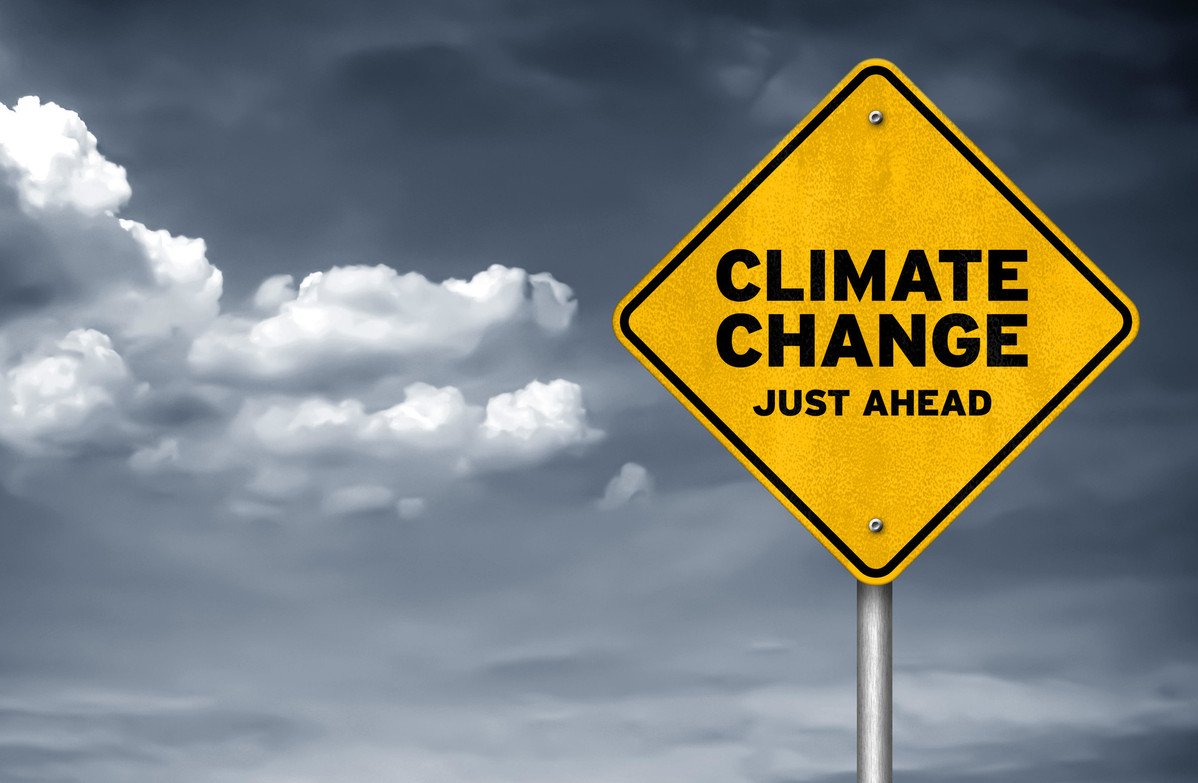Cooperation more vital than ever amid global challenges


In the last two years, key global development challenges have intensified, with economic, social and cultural inequalities becoming more acute worldwide.
Climate change is exacerbating vulnerabilities, worsening the fragility and insecurity of material life for a significant proportion of the global population.
At the same time, the COVID-19 pandemic is devastating lives, economies and societies around the world, particularly in Africa and conflict-affected states. The pandemic has underlined that the world must be much better prepared for the inevitable future disease shocks, through the adoption of technologies and the development of vaccines and strong, accessible health systems.
The pandemic has also highlighted the interacting complexities of global challenges. It has underscored the value of global solidarity and multilateralism, with the debates about global vaccine justice (and problems in achieving it) echoed and overlapping with those surrounding economic justice and global climate justice.
Global transformations and global solidarity are more vital than ever, yet harder than ever to achieve.
Indeed, as the United Nations Development Programme's 2020 Human Development Report argued, we are at an unprecedented moment in history, in which human activity has become a dominant force shaping the planet. Nothing short of a great transformation-in how we live, work and cooperate-is needed to change the path we are on.
Collaborations are essential to realize that crucial transformation.
The United States-China relationship will be the defining geopolitical factor of the 21st century. Whether or not the US and China can cooperate with each other will be the key to whether these common crises can be overcome and the necessary transformation realized. Their cooperation, or noncooperation, will directly influence the lives of billions of people.
The US and China have to find effective ways to collaborate by building on their common interests so as to effectively resolve the issue, above all, of climate change, but also the pandemic, in the development context. To the extent that geopolitical rivalry overtakes commitment to the common welfare of mankind, the world community is caught in a variant of the Thucydides Trap-a reference to escalating conflict between a rising power and an established one. That is to say, all sustainable development issues will be overshadowed by the tensions between the two powers.
China is already cooperating with other countries and playing an active role in tackling the climate crisis and the COVID-19 pandemic, and it has repeatedly expressed its willingness to cooperate with the US.
President Xi Jinping has spoken about the need to build a community with a shared future for humanity on many occasions, and this is a humanist concern, not a manifestation of the growing power of China. US President Joe Biden, meanwhile, recognizes that the US has to concentrate more on its own internal economic and social problems, and he has said that the US does not seek another Cold War.
The COVID-19 pandemic and climate change have demonstrated the interconnection of the world, as well as the interconnectivity of the challenges the world faces.
International cooperation will increasingly be based on issue-specific coalitions. A rigid geopolitical bloc is what the world needs least. Former US secretary of state Kissinger commented on the US-China relationship, saying that it is normal for both sides to step on each other's toes as the world's two largest economies, but it would endanger the entire human race if they tried to solve the problems in their relations through confrontation and conflict.
International cooperation will not be effective if the two powers are clashing with each other and they have expectations that other states should choose sides. Given the scale of global challenges and their complexity, global cooperation and solidarity are vital to realize the United Nations Sustainable Development Goals and the 2030 Agenda for Sustainable Development.
The author is a senior research fellow and director of the Centre for Rising Powers and Global Development at the Institute of Development Studies in the United Kingdom. The views do not necessarily reflect those of China Daily.
































